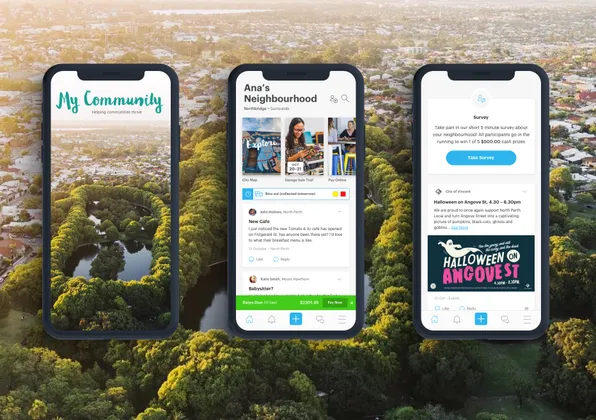Essential Services Every Website Agency Should Offer
A website agency is more than just a group of web designers; it’s a team dedicated to creating, maintaining, and optimizing digital platforms that drive business success. With the ever-evolving landscape of online trends, choosing a website agency that offers comprehensive services is critical. But what should you expect from a professional website agency? In this blog, we’ll dive into the essential services every website agency should offer to ensure your business stays competitive in the digital age. 1. Custom Website Design and Development At the heart of every website agency’s offerings should be custom design and development services. A website isn’t just a digital brochure—it’s a dynamic tool that represents your brand. A professional website is an investment in your brand’s future. Customization ensures your business stands out in a crowded marketplace. 2. Search Engine Optimization (SEO) No matter how visually stunning your website is, it’s useless if no one can find it. That’s why SEO should be a cornerstone of any website agency’s services. SEO is an ongoing process, and the best agencies offer continuous monitoring and updates to keep your site ranking high. 3. E-Commerce Development If you’re in retail or planning to sell online, your website agency should excel in e-commerce solutions. An effective e-commerce site is more than a store; it’s a seamless experience that converts visitors into loyal customers. 4. Content Management System (CMS) Integration A CMS allows you to manage your site’s content without relying on developers for every update. A robust CMS ensures your website remains fresh and relevant without unnecessary hurdles. 5. Website Maintenance and Support Launching your site is just the beginning. Regular maintenance keeps it secure, fast, and up-to-date. A website that isn’t maintained is a liability. Ongoing support ensures it remains an asset. 6. Digital Marketing Services A website agency’s expertise shouldn’t stop at web design. Integrated digital marketing services ensure your site reaches its full potential. Digital marketing bridges the gap between your website and your audience. A good agency integrates both seamlessly. 7. Branding and Graphic Design Your website is just one part of your brand’s digital presence. Consistent branding across all touchpoints is essential. Strong branding creates a lasting impression. An agency with design expertise ensures every element aligns with your vision. 8. Analytics and Performance Tracking A successful website is data-driven. Agencies should provide tools and insights to track performance and refine strategies. Numbers don’t lie. The right metrics help you make informed decisions for growth. 9. Website Accessibility A professional website agency ensures your site is inclusive and accessible to all users. Accessibility isn’t just ethical—it’s a legal requirement in many regions. 10. Conversion Rate Optimization (CRO) Getting traffic is just the first step; converting visitors into customers is the ultimate goal. A website without conversions is a missed opportunity. CRO ensures your site achieves its purpose. Conclusion: The Key to Digital Success Essential Services Every Website Agency Should Offer is critical to your business’s online success. From design and development to ongoing support and digital marketing, a full-service agency ensures your website is more than just a digital presence—it’s a tool for growth. Ready to elevate your digital strategy? Partner with Digital Property Dealers for a comprehensive suite of website services tailored to your needs. Let us transform your online presence into a powerhouse for success.



